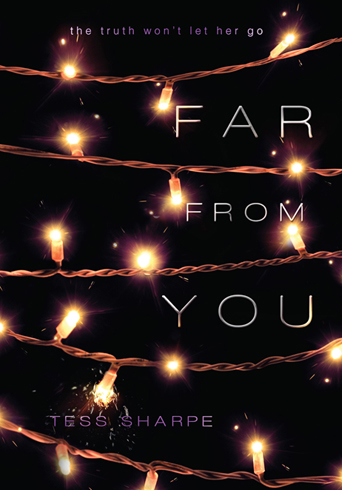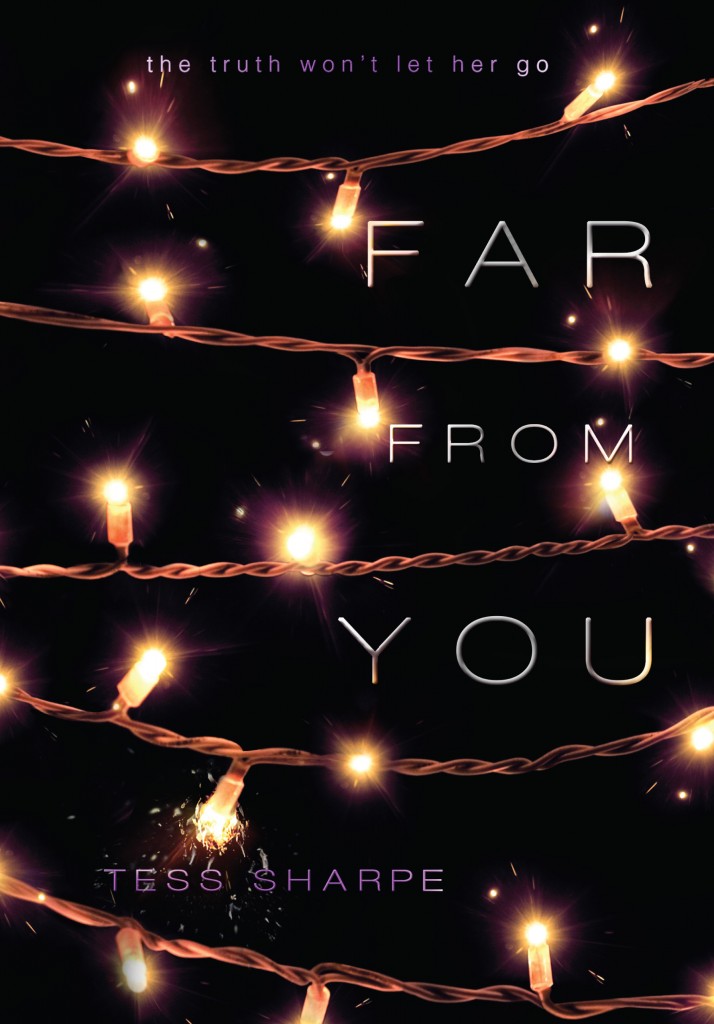Inspiration for this poll:
In the delicious FICTITIOUS DISHES, photographer Dinah Fried highlights a wide range of notable literary meals—from HEIDI's comforting toasted cheese to THE BELL JAR's poisonous crabmeat-stuffed avocado.
So what would the Route 19 Writers put into our own collection of Memorable Meals?
Our resident poet Andrea nominates Maurice Sendak's classic CHICKEN SOUP WITH RICE, "due to the combination of the soup as comfort food, and the lovely repetition at the end of each month's poem."
Happy once
Happy twice
Happy chicken soup
with rice.
Kitty, who not only writes but teaches children's literature and writing for children, was struck by the way Naomi Shihab Nye (HABIBI) gives small details, "things that are familiar and things that are just a bit different, that help young readers take in different cultures without being given a lecture.”
The owner, a nice man about Poppy’s age, brought them steaming bowls of aromatic lentil soup, saying once they tasted it, they would keep coming back for more. The table filled up with olives, purple marinated turnips, plates of baba ghanouj and hummus, and hot flat breads, even before the real lunch came.”
Devoted to historicals and classics, SCPoe admires how Charles Dickens could make a three-act drama out of one dish:
. . . Mrs. Cratchit left the room alone—too nervous to bear witnesses—to take the pudding up and bring it in.
Suppose it should not be done enough! Suppose it should break in turning out! Suppose somebody should have got over the wall of the back-yard, and stolen it, while they were merry with the goose—a supposition at which the two young Cratchits became livid! All sorts of horrors were supposed.
Hallo! A great deal of steam! The pudding was out of the copper. A smell like a washing-day! That was the cloth. A smell like an eating-house and a pastrycook’s next door to each other, with a laundress’s next door to that! That was the pudding! In half a minute Mrs. Cratchit entered—flushed, but smiling proudly—with the pudding, like a speckled cannon-ball, so hard and firm, blazing in half of half-a-quartern of ignited brandy, and bedight with Christmas holly stuck into the top.
Oh, a wonderful pudding! Bob Cratchit said, and calmly too, that he regarded it as the greatest success achieved by Mrs. Cratchit since their marriage.
For Dave,who's been concentrating on serious contemporary YAs, scenes of food deprivation can prove even more memorable than scenes of feasting. Out of several finalists, he finally chose a scene from Jerry Spinelli's MILKWEED.
"It is early in the novel and the main character (Misha), known at this time by the name Stopthief, because he is always trying to steal food to feed his hunger, is brought into a barn where there is a large group of homeless,Jewish boys. They are so happy because they have been able to raid some of the finer German stores. . . . They have the food stacked in large piles in the corner of the barn. Sausages. Buns. Bread. Fresh fruit. They ask him if he is a Jew. He doesn't know what that is. So one of the boys in the barn explains what a Jew is. (The description is unbelievably scary and powerful.)"
In contrast, Marcy (Dave's partner in our monthly reviews of exciting YA debuts) chooses THE HUNGER GAMES, a series replete with scores of gourmet dishes. Nevertheless, Marcy zeroes in on something simple and familiar--a time when Katniss can't sleep and seeks comfort in a mug of warm milk and honey.
YA writer Jenny would love to chow down at "any and all meals served in the Hogwarts Dining Hall from the Harry Potter books, especially the beginning of the year kick-off dinners."
He had never seen so many things he liked to eat on one table: roast beef, roast chicken, pork chops and lamb chops, sausages, bacon and steak, boiled potatoes, roast potatoes, fries, Yorkshire pudding, peas, carrots, gravy, ketchup, and, for some strange reason, peppermint humbugs.
My own nominee comes from Louisa May Alcott's JACK AND JILL. Sensitive, artistic Merry feels out of place in her drab farmhouse surroundings. In a coming-of-age episode, she longs to experiment with fancy pastry, but what her father wants is plain old corned beef and cabbage:
She was repaid at noon by the relish with which he enjoyed his dinner, for Merry tried to make even a boiled dish pretty by arranging the beets, carrots, turnips, and potatoes in contrasting colors, with the beef hidden under the cabbage leaves.
I still think of Merry whenever I make a boiled dinner, and I admit that the smell of simmering cabbage (loathed by many) is a comfort to me.
We invite you to nominate your own favorite to our potluck of Memorable Meals in Children's Literature.







